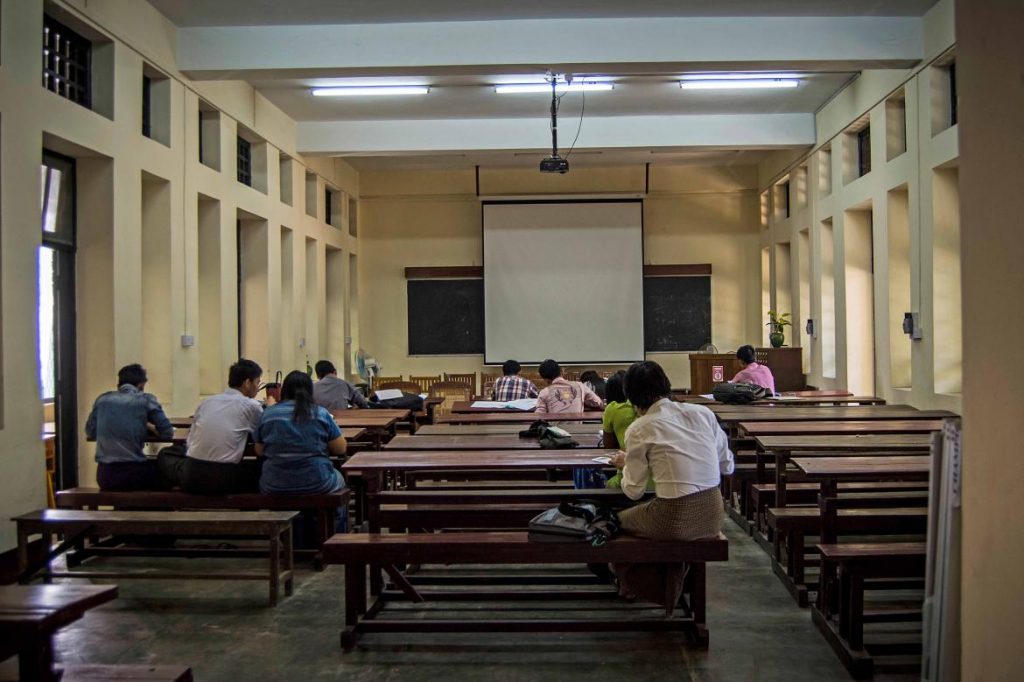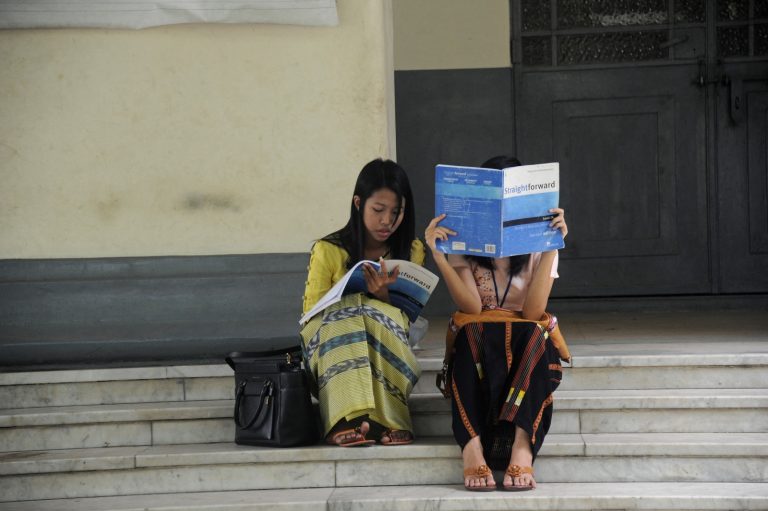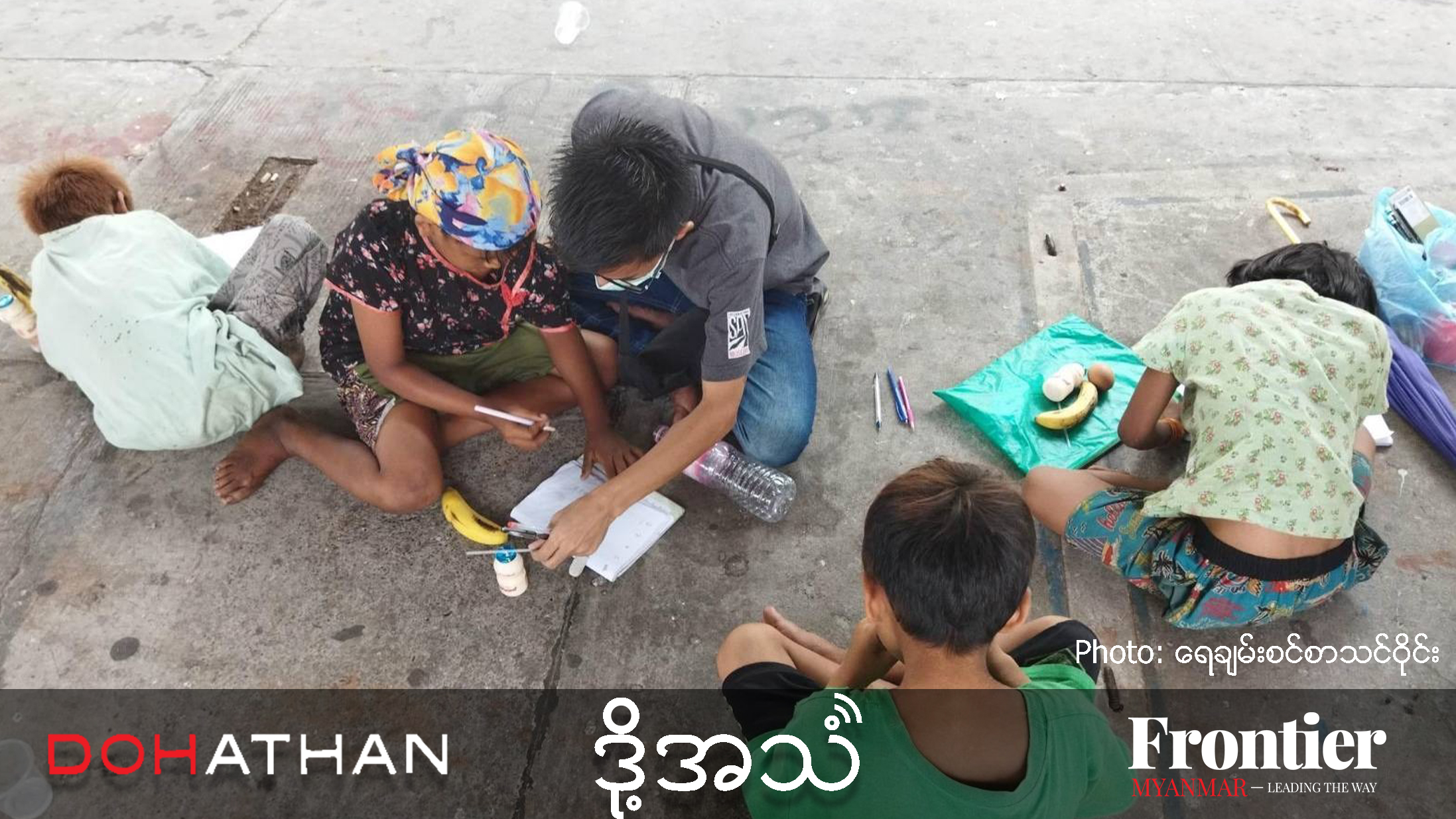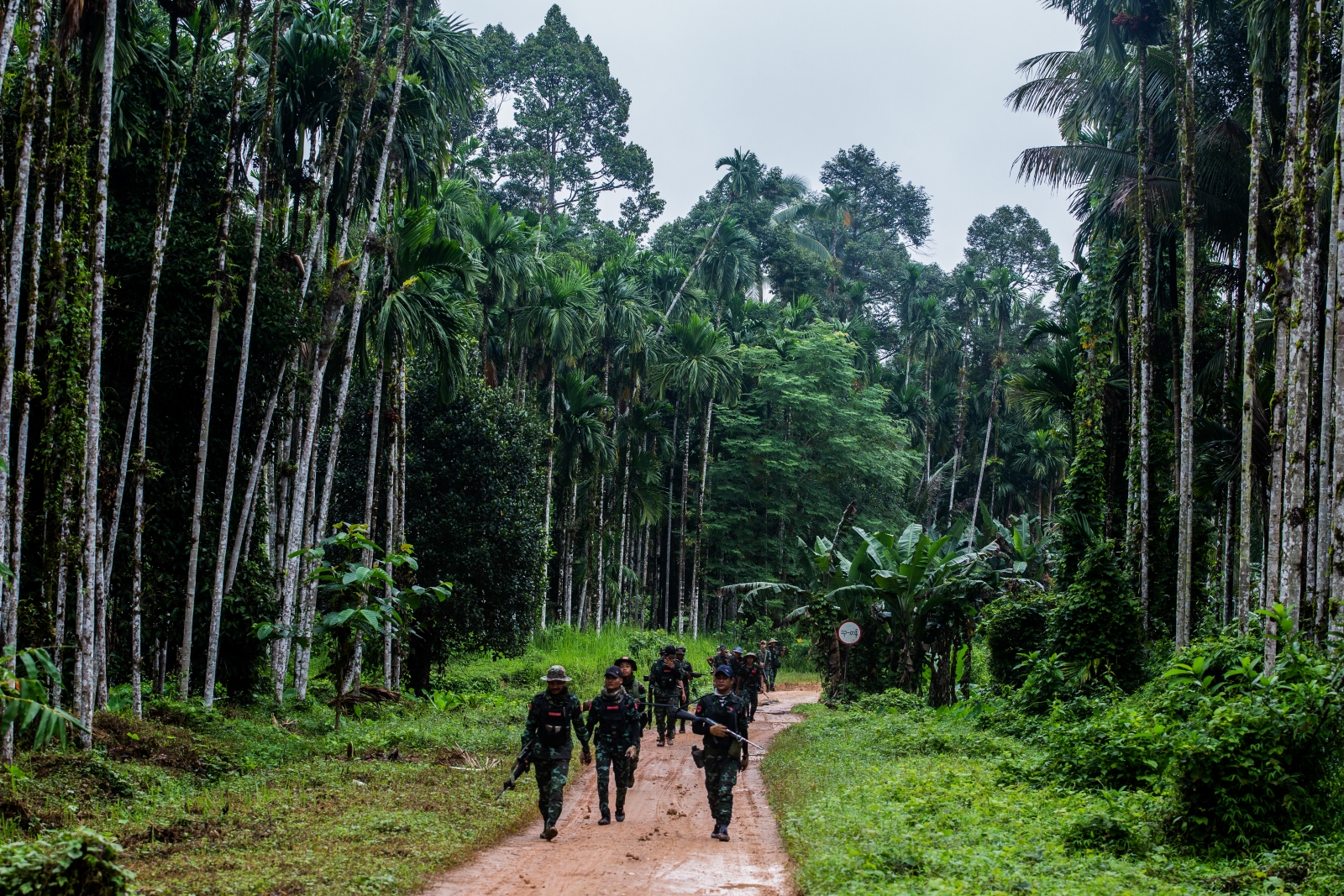Poor career prospects and censorship have crippled the study of history, but the subject could still play an important role in building a better future for Myanmar.
By ROSALIE METRO | FRONTIER
MYANMAR MEDIA recently reported that there would be no incoming students in Yangon University’s history department. This lack of interest is notable in an institution that was home to famous historians such as Dr Than Tun. As Myanmar turns toward a new political era, examining the past would seem to provide worthwhile insights.
However, I’m not surprised that there are no takers. As an anthropologist of education, I have spent the past 15 years studying how history is taught in Myanmar. I see three main reasons for the current situation.
First, history is not seen as a marketable skill. The job market as a whole is tight, and even those with degrees in the sciences seem to end up driving taxis. What kind of job could someone hope for after earning a degree in history? There are only so many professorships, and they do not pay very well compared to jobs in the private sector.
This problem afflicts the humanities and social sciences all over the world. But while history graduates elsewhere may not be able to get jobs as professional historians, at least they finish with other capabilities: constructing an argument, analysing evidence, considering multiple points of view. These literary and problem-solving skills can be used in a wide range of jobs.
Support more independent journalism like this. Sign up to be a Frontier member.
Unfortunately, history graduates in Myanmar do not have the chance to gain these abilities due to the way the subject is taught. They must instead memorise what the professors say and repeat it back on the exam.
What the professors are required to say is limited by political constraints. I spoke with one history professor who told me that he is forced to teach that in 1962 there was no coup. Rather, General Ne Win took control peacefully to prevent the nation from disintegrating.
That is, we could say, one theory about this point in Myanmar’s history. In most other contexts, students would be encouraged to consider evidence for this theory and compare it with others. Instead, professors and students are forced to repeat what many of them consider to be a bad joke.
Who would choose to enter a discipline in which one must blindly repeat the propaganda of the previous regime? This work is soul-crushing for the professors and tutors – at least those among them who have a real passion for history – and tedious for the students.
Finally, history is unappealing because it lacks prestige. Only students with the lowest exam scores are allowed to consider studying history, while the more successful ones are funnelled into medicine and engineering. Thus history is associated with dullness. Indeed, it does not take much intelligence to memorise a list of dusty half-truths.
What can be done? Plans are already underway to de-couple exam results from university placements. That would give students the freedom to choose history out of interest, instead of as a last resort. But for students to be attracted to history, they and their professors have to believe there is or will be academic freedom. The National Education Law passed in 2014 promises this liberty, but it will be a brave new generation that tests the government’s sincerity in this regard.
One good faith gesture would be to change the content and structure of exams. Students should be required to weigh evidence and arrive at their own theories about history, instead of simply parroting back an authoritarian view of the past. That would require new teaching methods not only at the university level, but also in middle and high schools.
According to my research, the current history curriculum in government schools deadens critical thinking skills and contributes to ethnic conflict. The ultimate priority has been to promote patriotism – never mind that the national identity students are supposed to revere marginalises ethnic minorities and excludes people of Chinese, South Asian and non-Buddhist backgrounds.
Due to these shortcomings, a Myanmar colleague and I have developed a primary source-based, thematically organised textbook, Histories of Burma. Now available in English, a Myanmar-language version will soon also be available through Mote Oo Education.
In this textbook, I introduce students to skills such as analysing evidence, identifying bias in a text and comparing multiple perspectives. The sourcebook is filled with documents that were difficult to find or too sensitive to examine under military rule, including speeches by General Aung San and Ne Win, government documents such as the Panglong Agreement and various constitutions, and colonial sources that illustrate both the roots of nationalism and of ethnic division.
But this textbook is just a small contribution to a renaissance of history that is already underway. Myanmar historians, whether professional or amateur, have kept the discipline alive despite the deadening effect of military rule.
Some of them have been using their talents to write about less controversial topics in ancient history. Others have used the new freedom to publish what has previously been forbidden – for instance, U Htein Win’s recent collection of oral histories about the U Thant funeral crisis. Discouragingly, his 2015 photo exhibition on the topic was shut down by the authorities, illustrating that tolerance for historical revisionism is still quite low.
But this kind of censorship won’t stop a new generation of scholars, who are applying fresh theories to history and social sciences through forums such as the Myanmar Cultural Research Society. Indeed, after talking with professors and students about history on a recent trip to Yangon, I believe that many of them are ready for new methods and materials. It’s the system that is holding them back – an exam that requires them to regurgitate falsehoods and bureaucrats who restrict their academic freedom.
As Myanmar wakes up from 50 years of military rule, so many changes are needed that it can be difficult to prioritise. I would make the case that revitalising the teaching and study of history is a good place to start.
As national identity is reimagined, political relationships are restructured and society is reshaped by current realities, students can learn from the past in order to build the kind of future they want – but only if they’re allowed to look back without blinders on.







